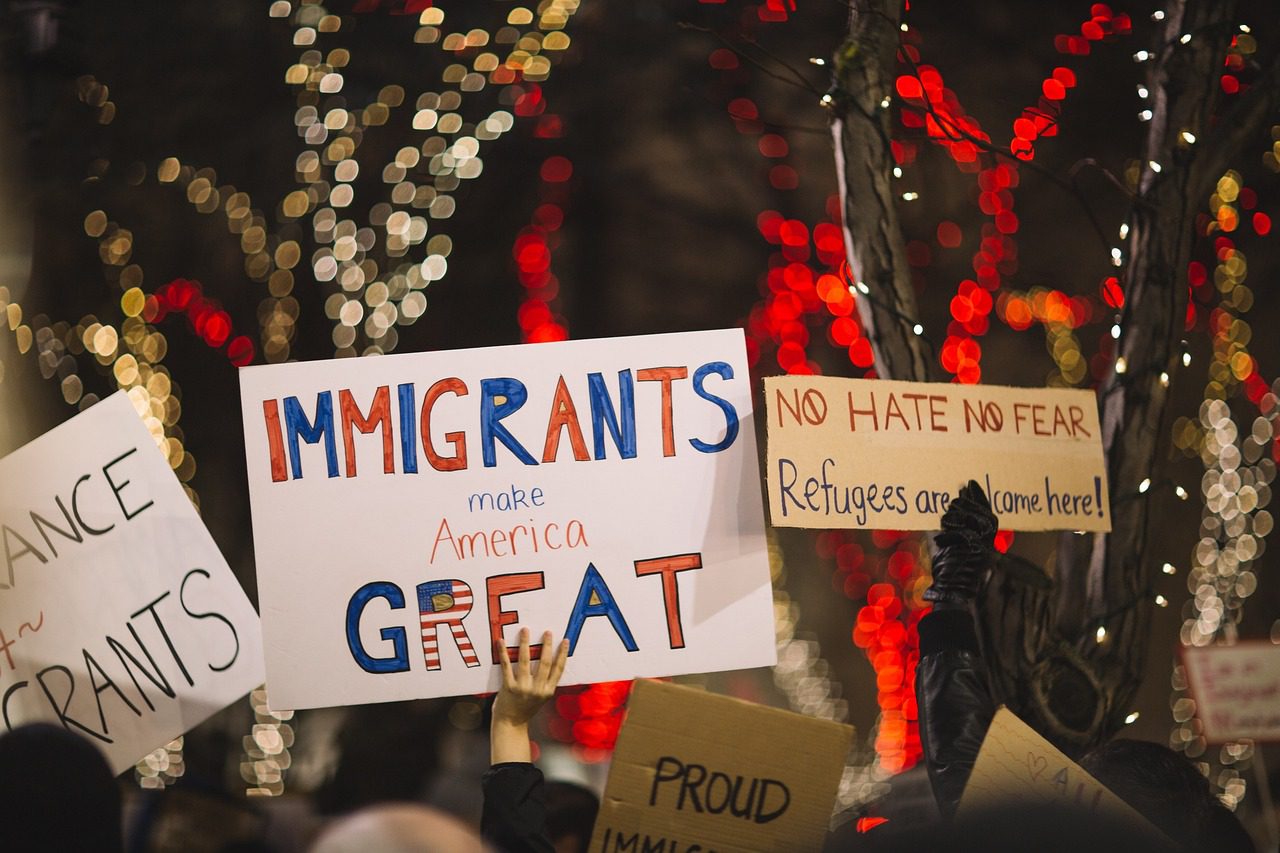
Unveiling the Shadows: Human Trafficking Amidst Immigration Struggles in 2024
As we welcome 2024, we are unfortunately confronted by global events that continue to cause massive movement of people escaping conflict, violence, and economic instability. It is only appropriate that during January, Human Trafficking Prevention Month, we call attention to the impact that wars, political instability and the responses from recipient countries have on hundreds of thousands of individuals who are trying to find a safe place to settle and a job to support themselves and their families.
UNHCR recently estimated that by the middle of 2023, for the first time in recorded history, the number of people forcibly displaced is over 110 million, with over 36.4 million refugees[1]. We are certain that for many, unplanned and forced migration exposes them to a myriad of dangers, including being the target of dishonest labor recruiters and other human traffickers. Worldwide, women and children continue to be the most vulnerable to this type of violence, although for numerous men their journey can also culminate in forced labor.
Given these statistics, it is not surprising that many of those who have been displaced will attempt to seek protections by coming to the United States. In their efforts to enter and remain in our country, people encounter unsurmountable challenges and most depend on the unreliable advice and guidance offered by dishonest individuals seeking to profit from their distressing circumstances. More recently, in addition to the violence experienced in the country of origin, during the migration journey and while being forced to work or provide services, immigrant survivors are met by local, state and national immigration policies designed to reject and punish those seeking refuge in the United States. These strategies contradict most efforts made to prevent, investigate, prosecute, and eventually eliminate human trafficking[2].
